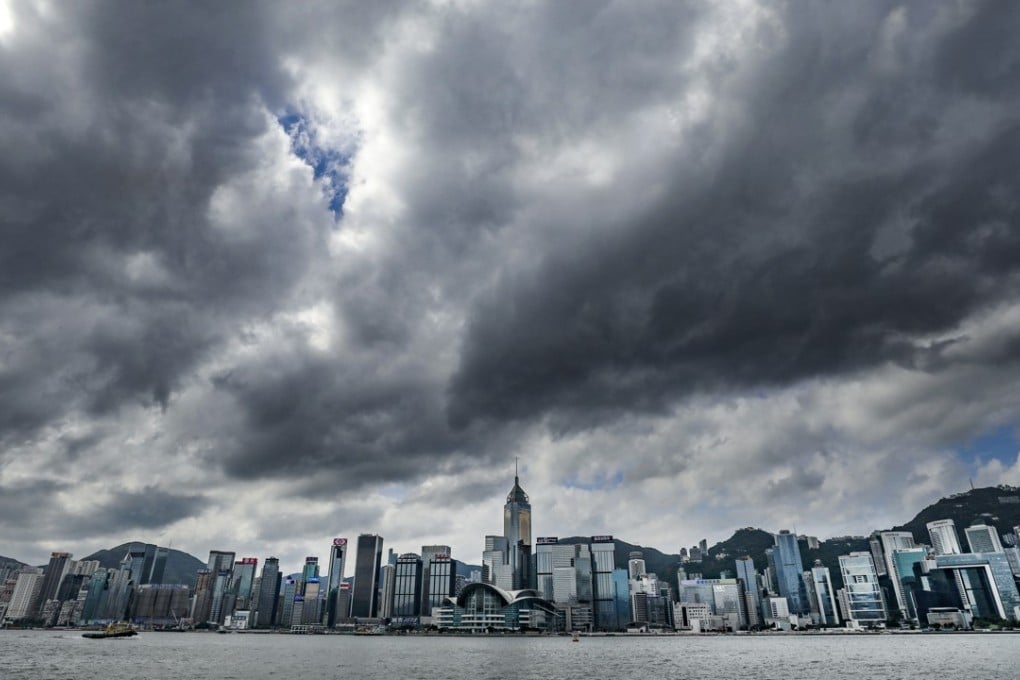Hong Kong’s investor confidence plummets to lowest level in almost a decade amid trade war, market volatility
- J.P. Morgan’s Hong Kong Investment Confidence Index falls into negative territory for the first time since 2009, the year following the global financial crisis
- 42 per cent of Hong Kong investors surveyed expect the Hang Seng Index to drop significantly to between 24,000 and 26,000 by the end of April 2019

Investor confidence in Hong Kong has plummeted to its lowest level in nearly 10 years over the US-China trade war and increased market volatility, according to J.P. Morgan Asset Management.
J.P. Morgan’s Hong Kong Investment Confidence Index fell below the neutral level of 100 into negative territory for the first time since 2009, the year following the global financial crisis. It dropped from 106 points in April to 88 points in November, according to the annual survey by the investment bank’s asset management arm.
The index is based on interviews with a random sample of more than 500 retail investors with at least five years of continuous investment experience, carried out between October 22 and November 1 by independent research firm Cimigo.
Since July, the US and China have been engaged in a trade war culminating in the US’ plan to raise tariffs on US$200 billion of goods from 10 per cent to 25 per cent, previously scheduled to start on January 1. That would add to the US$50 billion worth of tariffs on Chinese goods put in place in August.
That, combined with rocking emerging markets, US interest rate hikes and slowing economic growth, has created global market volatility. Shanghai and Hong Kong’s benchmark indices have dropped by nearly 20 per cent and close to 10 per cent, respectively, since the beginning of the year.
“Sentiment is fragile as investors are grappling with lingering trade tensions, higher volatility and slowing economic growth globally and in mainland China,” said Chris Tong, vice-president of retail distribution at JPMAM.